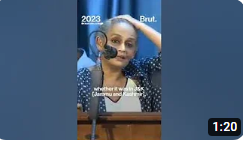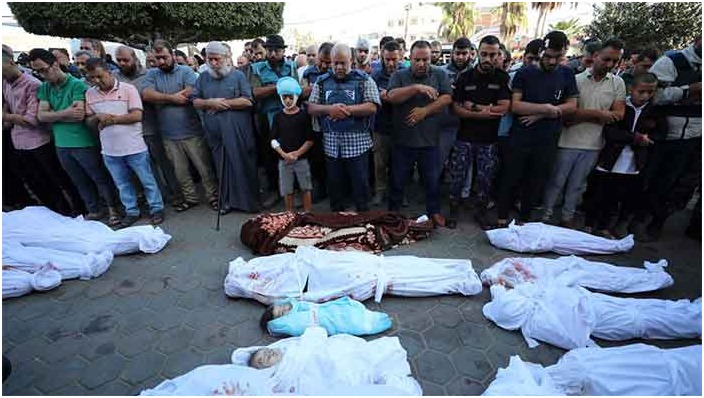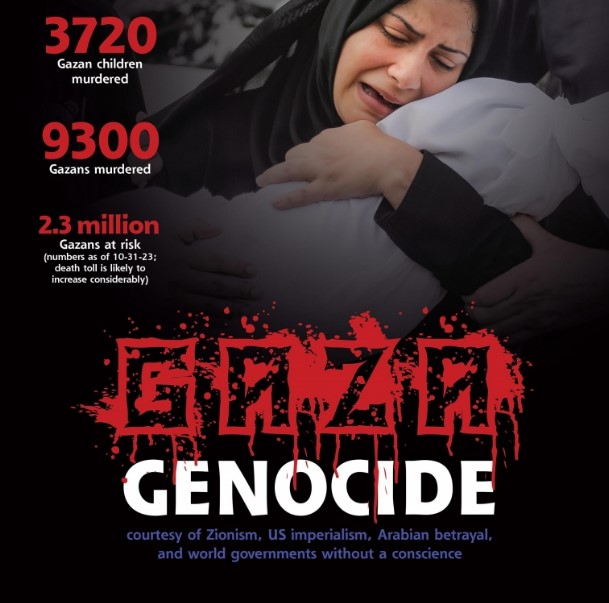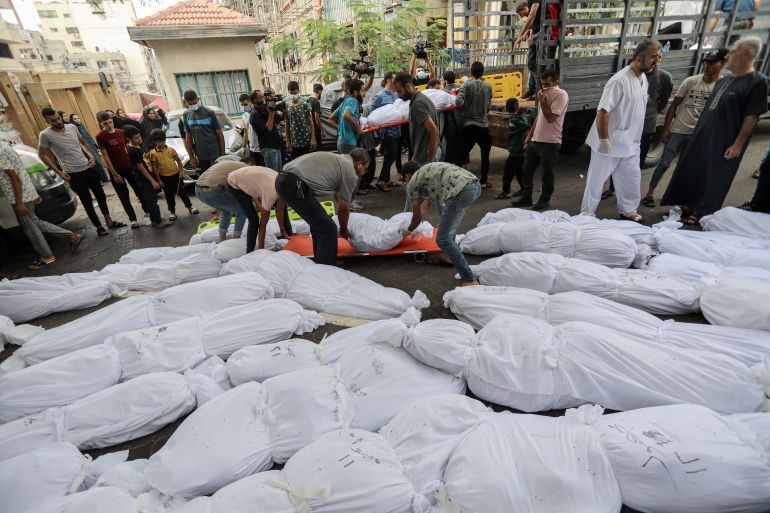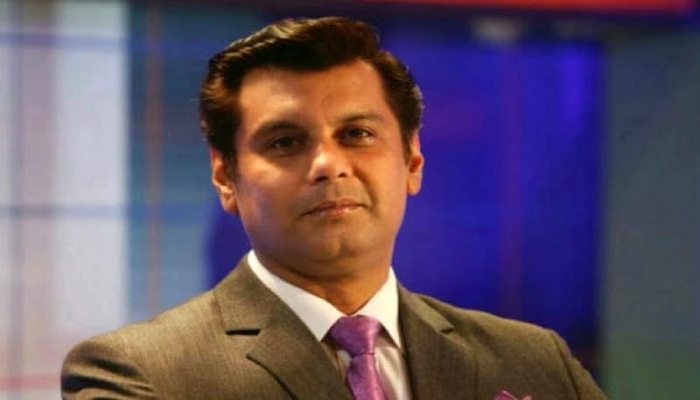The march of folly by A.G. Noorani an Indian writer
0 comments | by A.G. Noorani

TWO thousand and seventeen is the year of anniversaries in Kashmir. July 8 marked one year since the killing of Burhan Wani; July 13 marked the anniversary of Martyrs’ Day. On this day in 1931, the maharaja’s troops shot 22 Muslims dead inside Srinagar’s central jail, setting off a wave of resentment that engulfed Punjab, Delhi and Lucknow. It marked a turning point. Oct 26 will mark 70 years since the maharaja acceded to India.
We are now told that the government of India is determined to resolve the Kashmir dispute. On May 22, the union home minister, Rajnath Singh, confidently announced that they had come up with a ‘permanent solution’. This will not be accomplished by negotiating a settlement with Kashmiris and with Pakistan — it will be done by crushing militancy with brute force, and proclaiming to Pakistan that there is nothing left to discuss, that the Kashmir dispute is ‘resolved’. The gains will be reaped in the 2019 general election.
Calculated leaks to the media broadcast this message. On May 28, the Times of India reported: “The comments of senior BJP leaders seem to clearly indicate that the government of India is not likely to engage in any political process soon.” This was based on the assessment that, contrary to the general belief, the situation is “likely to improve soon”. Nearly two months later, the situation has worsened.
The BJP’s stance towards Kashmiris is bound to fail.
Early this month, it was reported that “security forces are planning to take an aggressive stand to crush growing terrorism” in Kashmir and “prevent people from joining terror outfits”. The home ministry reportedly “asked security forces to draw up a complete plan to stop public support”. Last Sunday, this was reaffirmed. “The BJP leadership does not see much scope for political dialogue” and will continue to back a ‘tough security line’.
It is a war. We have been told as much by the defence minister and the army chief, Gen Bipin Rawat, who said, “This is proxy war and proxy war is a dirty war, it is played in a dirty way.” Since Wani’s killing, over 10,000 civilians have been injured by pellet guns and over 1,000 were hit in the eye, many losing their vision.
In this war, the union has nothing to offer to its unionist supporters. A senior minister in the National Conference government said earlier this month that if a ‘mainstream’ politician dies, hardly 2,000 people attend his funeral. Who, then, belongs to the ‘mainstream’? If a militant is killed, up to 200,000 people participate in his funeral, and over a dozen funerals are held for every slain militant.
He added, “Civilians are being killed and houses demolished [during gunfights]. Today the rule is being enforced through the bullet.”
No such condemnation will be heard from Mehbooba Mufti. The BJP dominates the coalition, and its central government gives orders for her to obey. Compare this with the situation in Sri Lanka. The chief minister of its Tamil majority Northern Council, C.V. Vigneswaran, boldly and consistently confronts Colombo on Tamil rights.
He does not owe his job to Colombo and, unlike India, Sri Lanka holds free and fair polls. Chief ministers in Srinagar owe their office to the support of the centre’s agencies and, once in power, to the support of the centre. They cannot stand up to New Delhi to protest the centre’s outrages in Kashmir; least of all in a coalition with a BJP that is opposed to Kashmiri aspirations.
Unfortunately, the separatist leadership is stuck in its old groove and has nothing to offer but costly shutdowns and strikes. There are precedents galore of leaders in similar circumstances guiding their people towards more effective forms of protest. Kashmiri leaders do not involve themselves in the people’s daily lives, ease municipal concerns or promote education and career paths to the youth. They ride above the people. The people, deeply alienated from the union, meekly follow them. They have nothing constructive to offer lest they are denounced by the hard-liners in their midst; especially the likes of Syed Ali Shah Gilani.
The stark reality is that the key to solving the Kashmir dispute lies in an understanding between India and Pakistan. However, it is a part of the very strategy that New Delhi has adopted to not parley with Pakistan. Instead, it will pursue a policy of sustained confrontation designed to isolate Pakistan and bring it to heel.
Failure is inherent in this quixotic venture. Even if militancy in Kashmir is crushed, the people’s alienation will survive only to acquire more virulent forms of expression. And Pakistan has acquired greater clout since the drive to isolate it was launched. But, then, folly has its own momentum.
The writer is an author and a writer based in Mumbai.
